Taryn Southern: YouTuber turned AI Artist
A conversation on how creatives can adapt and thrive in this new era
This week, I’m excited to share an interview with someone I consider a true Renaissance Woman - Taryn Southern. Apart from being an OG YouTuber (she started in 2007) she’s also an expert on cutting-edge technologies and the first musician to record an album with AI.
After writing my post on how AI is changing artistry, I immediately reached out to Taryn to pick her brain about the intersection of art, artificial intelligence, and the creative path.
Enjoy this wide ranging discussion. And if you’re new here, please consider subscribing.
MA: In the decade we’ve known each other, you've worked on so many different projects: YouTube, journalism, parody songs, a travel show, a documentary, and the world’s first album co-written with AI. What’s the common thread between these projects?
TS: ADHD! (Laughs) I thrive in spaces that haven't yet been fully formed, where there are fewer rules, and the adventure is figuring it out as you go. I started YouTube in 2007, when it was really hard to make videos. You had to film on tape, digitize it, and then figure out how to conform your footage to the software. There were a lot of barriers to entry. We didn’t have fancy cameras in our iPhones. That spirit has followed me to every project since - dissecting an interesting new space to figure out how I can create something special. And I now work in neurotechnology.
MA: And what made you want to leave YouTube?
TS: It’s complicated. At that time, I really wanted to switch gears and evolve the channel in a new direction; but there were different things at play in my personal and professional life and competing for my time and energy. Going back onto the platform with a new focus isn’t out of the question for me.
MA: And now you've completely reinvented yourself as an expert on cutting edge technologies. What drew you to AI?
TS: I came to AI in 2017 vis-a-vis the YouTube VR Creator Lab, which you were also a part of! That VR program allowed me to tinker in an exciting new frontier, using all these resources from Google to experiment. I developed an idea for a series of futuristic videos set in a hyper-realistic VR world. And I thought it be cool if the music in the videos were created using artificial intelligence as part of this exploration of human and machine. I started experimenting with AI compositional tools for the music and was blown away by how good they were. And that was back in 2017. They’re so much better now. (See Taryn’s AI music here)
MA: That's funny because I actually started playing around with Midjourney because I needed an image for my newsletter. Necessity is the mother of invention. And I feel like one of the draws to AI is how it allows people who are creative in one space to play in another with the help of AI.
TS: I really liked the art in your newsletter on AI. For you to go and make that picture yourself, you'd have to go to Upwork, pay them, and go back and forth for weeks. Collaborating with other humans can be amazing - but it can also be really frustrating. We have all worked with someone, spent all this money and realized that its just not what you intended. This is where AI is really exciting. Because the cost is incredibly low. These AI art generators are 10 bucks a month for unlimited creative collaboration. And the results are pretty fantastic. I think that as fellow YouTubers who came up being scrappy and efficient with our time and energy, these tools are pretty mind-blowing.
MA: That’s true. And as our YouTube channel grew, I ended up running a small team and learned that you can't blame somebody for not understanding your vision if you don’t articulate it clearly. So yes on the scrappiness, but also the ability to articulate your vision is crucial. The more specific the better. And not necessarily in a verbal sense. My favorite way to play with AI is to upload graphic elements I’ve already collaged and seeing how the AI spits them back out. Where do you see the future of AI human collaboration?
TS: I think artists are using these tools to recreating styles of art that they've already mastered. That is, taking your own body of works and using a generator as inspiration for new works to build off or simply resell. For artists with a distinctive style that's really exciting. The flip side is copyright. What’s to stop anyone from collecting all of your works, uploading them and then claiming that work as their own? This will find its day in court, literally. But until then, we get to be the guinea pigs - or the scientists in the lab.
MA: You've been collaborating with AI longer than most creatives and are the first to make a musical album with AI. How have you seen this space evolve and why is it so popular now?
TS: I was very early in collaborating with Google's Deep Dream AI generator, which has that kind of psychedelic feel. Making all these wild 3-D VR visuals was very hard and time-consuming compared to the insane speed at which you can now utilize Midjourney and DALL-E. Similar technological advances are happening on the music side. It’s far more sophisticated than four years ago.
MA: I've heard that certain mediums lend themselves better to AI collaboration than others, and that music was one of the first to see AI applications because of the mathematical nature of beats. What do you see as the harder areas for AI to translate to? To capture that “essential emotion” that we associate with art? Are some types of AI art harder to create than others?
TS: That's a great question and I have a fairly controversial opinion.
MA: The Missive welcomes controversial opinions.
TS: There's a belief that AI does not have an emotional capacity and therefore can’t create art capable of “touching” a human. But I believe that art has always been entirely subjective. Where some see deeply emotional art others just see sloshes of paint. We see the world - and art - through our own individual lenses. We have no idea what neural pathways are activated by certain artists and not others. I do think that some artists have an incredible knack for creating emotive paintings. I think AI has the ability to do the same, it just doesn't know that it's doing it. It's generating millions of ideas and at some point, people are going to stumble upon something that they find deeply moving.
MA: You described the Google AI’s images as “psychedelic.” That is one of the most commonly used words to describe AI art. Why? Is there something about human consciousness or the subconscious that is giving it that quality?
TS: It’s reflective of the fundamental building blocks of the world. Algorithms work with zeros and ones to recreate visual images, and the earliest AI images from Google Deep Dream were like the rough patchwork of mathematics at work. These algorithms ingest millions of images and recreate them one by one using a pattern of circles and rectangles which is not dissimilar to what happens in the visual fields when you're on psychedelics. Your mind is recreating reality in pixels, not unlike an algorithm. It's literally recreating shapes pixel-by-pixel. But AI art is psychedelic in different ways. If Google Deep Dream is a full-on acid trip, Midjourney is more like a microdose. It’s hyper-realistic, but it’s not so out there.
MA: There's an economic slide that we haven't discussed. On one hand, the ability for everyday people to easily generate art is creating a huge amount of value, but there are certainly costs that we haven’t yet seen. For instance, Scott Galloway recently noted that when major technologies create a boom, they always carry a hidden cost. He cites fossil fuels as an example of a technology that created more prosperity for humanity than any in history - but also a climate crisis that we could not see at first. Similarly, AI is certainly a boom for society, but what costs are we not able to see right now?
TS: Some of the costs aren't so hidden. This art is unbelievably good. It's winning awards. And it's going to displace a lot of artists. We’re moving into a world where new tools are enabling more people to become designers and artists. Put AI aside - Canva alone has completely shifted the marketplace for design. Anyone can use Canva’s drag and drop templates to create really amazing marketing assets. When really fantastic design tools become available to the general public at an affordable cost, you're gonna see a general improvement of design and aesthetics. But a lot of people will lose their jobs. I've always had the unpopular opinion that AI will first displace the bad artists. If you're not really great at your craft, it will absolutely affect your business - regardless of the industry. I'm curious how the iPhone has impacted photographers. To get the quality of modern iPhone cameras, 10 years ago you would have had to hire a professional with expensive cameras. That wasn’t possible for most people, but now it is. And I'm curious if it's displaced a lot of photographers.
MA: It's an open question. I've always been drawn to globalization because it touches on so many aspects of life and it’s hard to say if it’s definitively good or bad. There's always a winner and a loser from any change. For example, without the iPhone, we wouldn't have Khaby Lame. He was a Senegalese immigrant working in a factory until he got laid off during COVID and started making simple videos on TikTok. Now he’s the most popular person on the platform. He’s an example of someone who would not have had the resources or privilege of going to film school, studying the craft for 10 years, doing an unpaid apprenticeship… the things that made earlier generations of artists. It’s hard to say who will to win and lose from AI, but I definitely think the bar of what level of creativity will earn you money is going to be higher. Because we can all make art right now. I made some AI art and I thought - I should make an NFT from this. But why would anyone buy my NFT if someone else could do it just as easily, right? The analogy I'm thinking of is like comparing a pair of Nikes to making a pair of handmade shoes in some village in Italy like 200 years ago. A lof of labor goes into the handmade shoe, and that’s reflected in the cost. Nikes are cheap to manufacture, but they’re still expensive because the value of the Nike is not a factor of the manufacturing costs - it's the perceived value. And I wonder how the dropping cost of AI art will change what we consider to be valuable art. Will it be based on scarcity, or hype, or some other intangible element that's not related to the actual costs? I don't know. What do you think about the value of art in the future?
TS: Scarcity has always been part of value in the fine art world. You could argue that there's a scarcity of really good ideas. And again, this comes down to subjectivity. Some Fine Artists sell their paintings for hundreds of thousands of dollars. Maybe I don't get them at all. But there are many incredible artists who succeed because their ideas are unique. It’s not just the painting, it's about how they package it within a larger context or story. Many things contribute to art’s value. But if you can create an incredible AI painting in seconds, there is no scarcity of good ideas. That will significantly impact the value of art. I’m curious if art will become a more individualized experience where big artists use artificial intelligence to recreate versions of their art with minor alterations for different clients with different tastes. Instead of one painting being resold to 100 different buyers over many years it becomes many different paintings sold to many people. Or maybe it will make all historical art that much more expensive. But this is me just postulating by the way. I have no idea. What do you think is going to happen?
MA: I could see AI being a big democratic force for art. It could become so inexpensive that even in the slums of Nairobi people could have cheap printouts of AI art. People who would never be able to afford a Picasso can now get something that’s cool but not expensive. I think the floor price of art will definitely drop because of the quantity. I mean, in my first weekend playing with Midjourney I made like 500 pieces of art. That's insane! Before AI, I might be able to make one piece or two pieces in a weekend. So it's it's just definitely going to change the economics of the art market but I do hope that becomes more accessible. Hopefully it will allow a future in which we're surrounded by more beauty because the ability to create beautiful things is so much easier now. But we haven't seen how this fits into the larger framework of capitalism. It might just mean that we have more beautiful ads being blasted at all the time! Who knows…
TS: I couldn't agree more. My hope is that we see more beauty in the world. Whenever I travel and find a little town that has been designed with love, it makes me so happy. My hope is that we'll see more of that as these tools become less expensive.
MA: Here's a question for you - how can artists adapt to this new era? What are the approaches creatives can use to harness this power rather than being defeated by the competition?
TS: I’m excited for those of us creatives who aren’t trapped in a single medium. Like YouTubers. We are idea generators. Video happened to be our platform. And the tools that came out from 2007 through 2013 allowed all of us to go from making one video a month to four, then suddenly daily videos. And interesting creativity came the from people like you and your brother, Casey Neistat, and other fantastic storytellers who adapted these tools for efficiency. The people who think outside of the box will integrate these tools to create all kinds of new video series, films, or physical experiences by in ways they previously wouldn't have had the money to do. It comes down to resources. Making stuff is always hard. Even if you're handed a million dollars to make a movie, it does not guarantee success. Most movies are bad. Having a tool that enables you to scale production and fail a bunch at a much cheaper price gives creatives a greater opportunity to “get it right,” whatever that means.
MA: Hollywood plays on the fear that humanity is going to be conquered by these super intelligent robots. Do you ever worry about that? And why do you think that theme is so popular in our collective imagination?
TS: We always have to have a bad guy, right? And it's easy to make AI the “other.” I think it's much more of a “us and them,” not “us versus them.” We just don't have a lot of stories that reflect that. I hope to be one of the people that helps shift that narrative. I do think AI is probably going to save us from ourselves. I mean…it could also destroy us, I suppose. But if you look at all the ways it's already helping in healthcare, in biotech, in agriculture, it's really changing the game for humanity across the board. And I'd like to see more stories that celebrate that.
MA: We are not as rational as we like to think. I just read about Vladimir Putin deploying a secret submarine with a doomsday weapon onboard…that doesn’t seem like the best thing for humanity. I wonder if if AI can help us realize how idiotic we can be. Hence the importance of programming AI with the right values. Because as Elon Musk once said, if you just program AI make the most money possible it will invest in defense companies and then start a war. So how do we program AI with the correct values to ensure this ideal future you describe?
TS: That is the billion dollar question! And one that an AI artist is definitely not qualified to answer. I can point out that value systems vary across cultures. What we deem as important in the States is very different than in China or Russia. There is no such thing as like a universal set of values that can be applied to AI because everyone's coming at this from a different angle. It’s a really tough think to grapple with. I don't know what the answer is.
MA: Alright, we’ll save the question of universal human values for another discussion. You're off the hook on that one. But what excites you the most about technology and what other fields are you interested in exploring next?
TS: Incidentally, I was also watching a clip of Elon Musk on Instagram recently in which he talks about the pursuit of expanding human consciousness. We hear about “consciousness expansion” all the time in the psychedelic community. But usually in an amorphous, fluffy way where you're like, Okay, great, but what does that actually mean? How does that actually improve life on earth? And Elon postulated that by expanding the realm of human experience and pushing up further against reality, we actually get closer to answering the big questions like why are we here? And for him, going to space is pushing the boundary of human experience and getting us a little bit closer to that question. It's the adventure. The quest. I think that's fascinating.

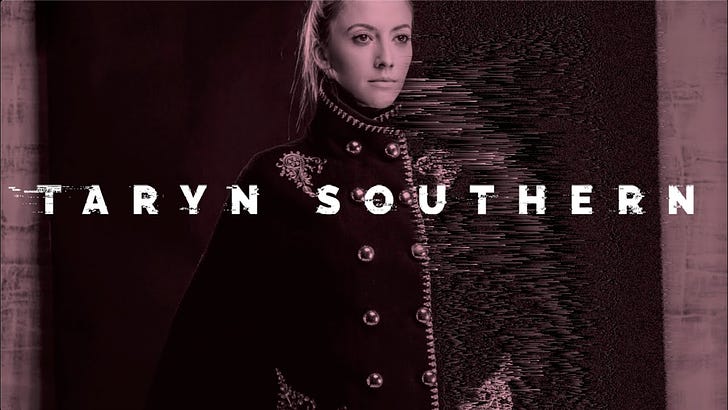


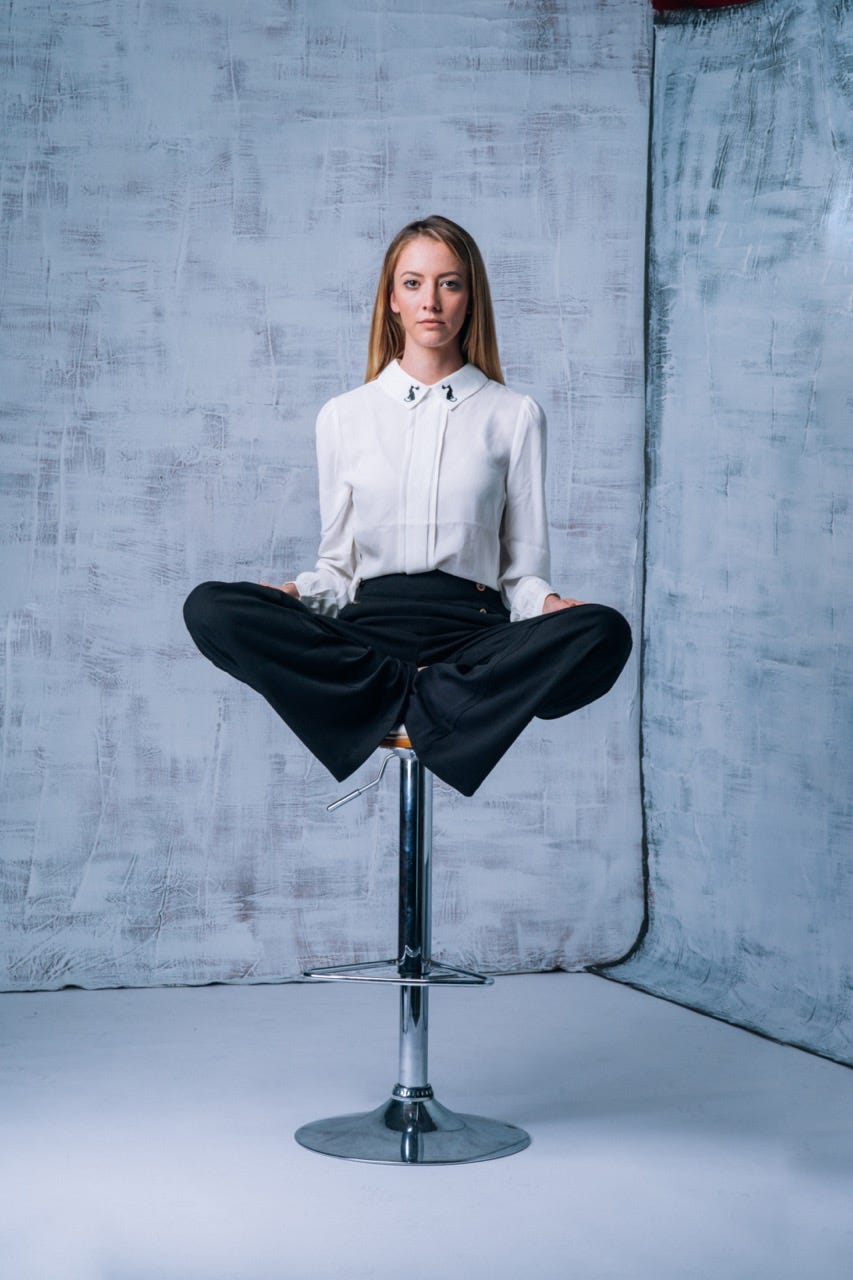
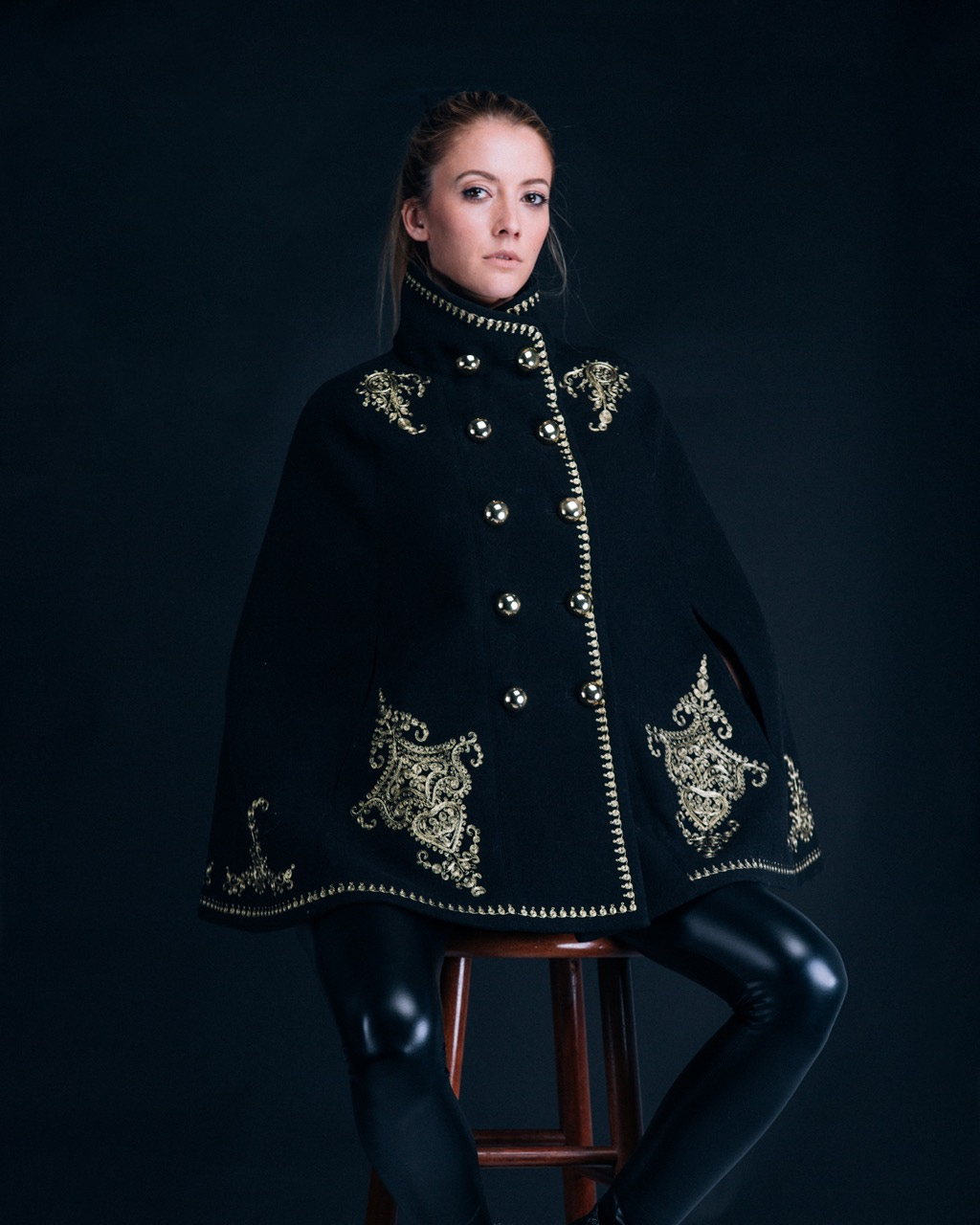
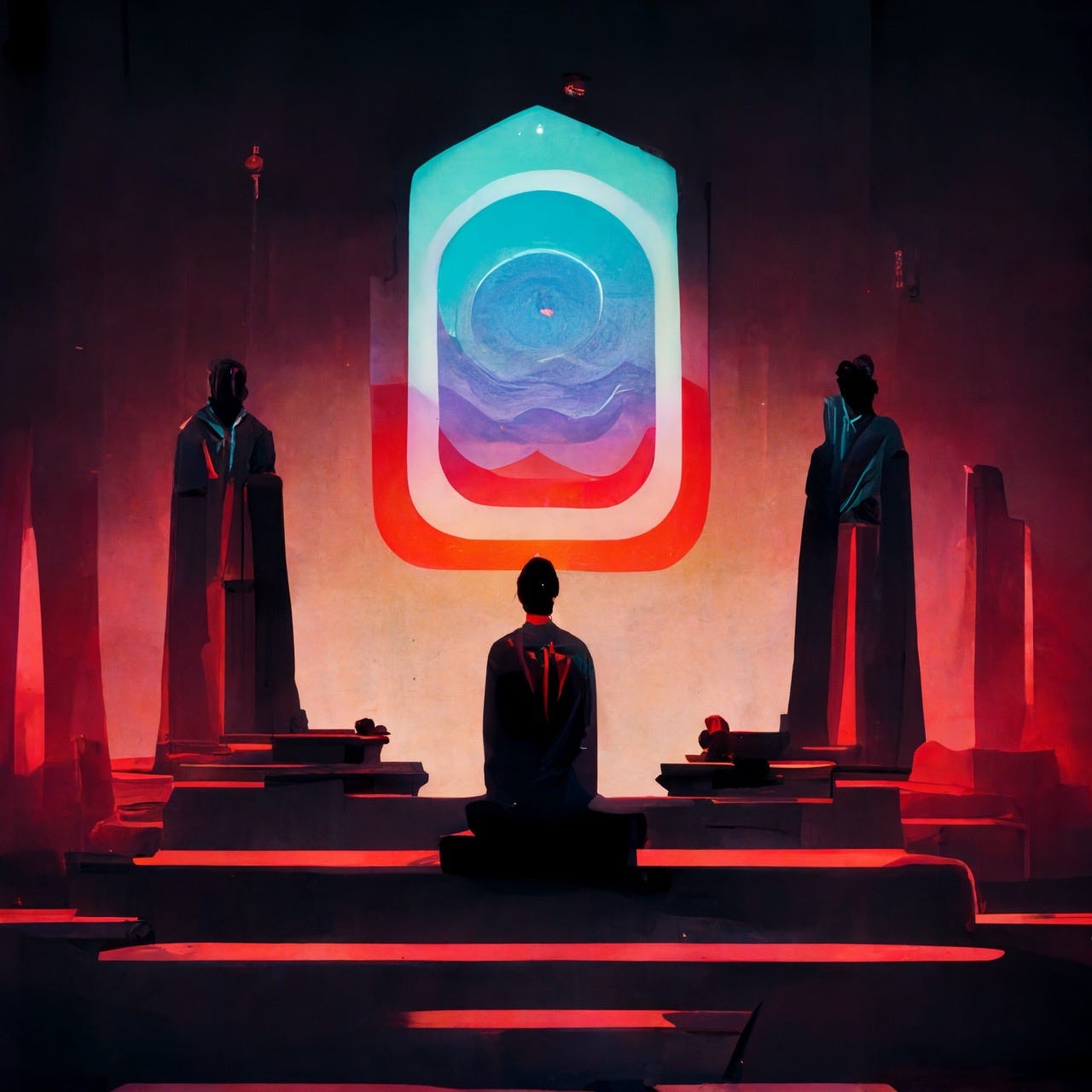

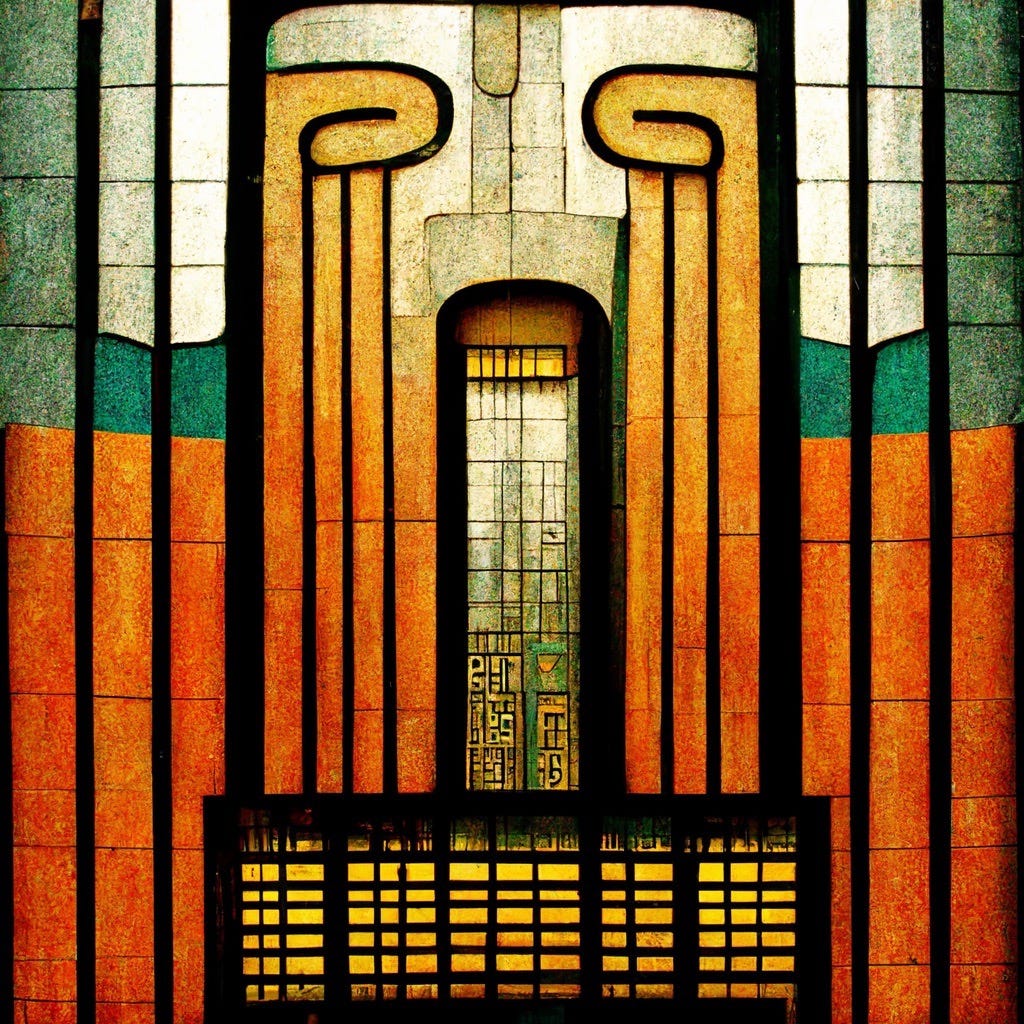
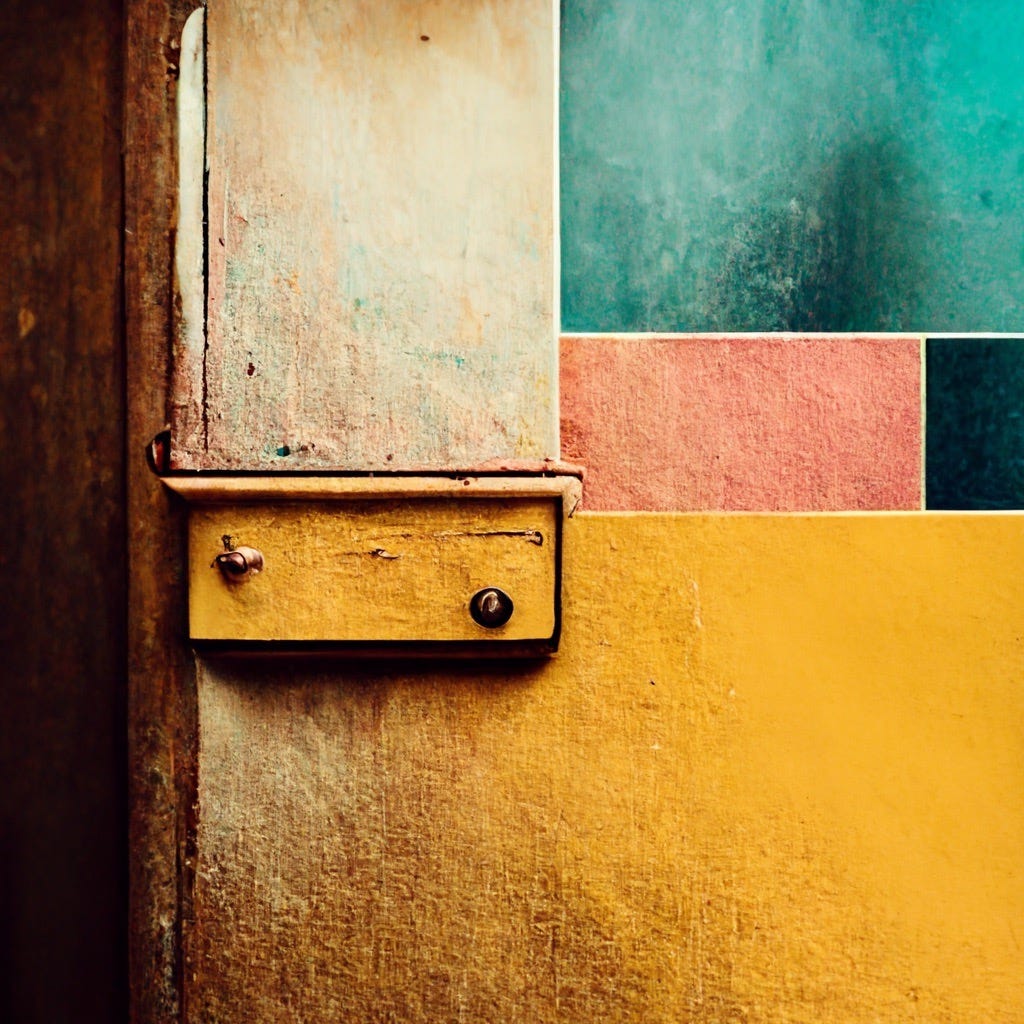
Good stuff for an old aging establishment guy to discover. Thanks
Met Taryn while living in Venice, was cool to see her pop up here!
Saw this from Tim Denning this AM. He’s the most read writer on Medium. I liked your article better but thought it was an interesting connection to make between shit stock photo sites and AI art as the alternative https://medium.com/swlh/unsplash-is-officially-dead-here-are-the-smarter-alternatives-593b52c24656